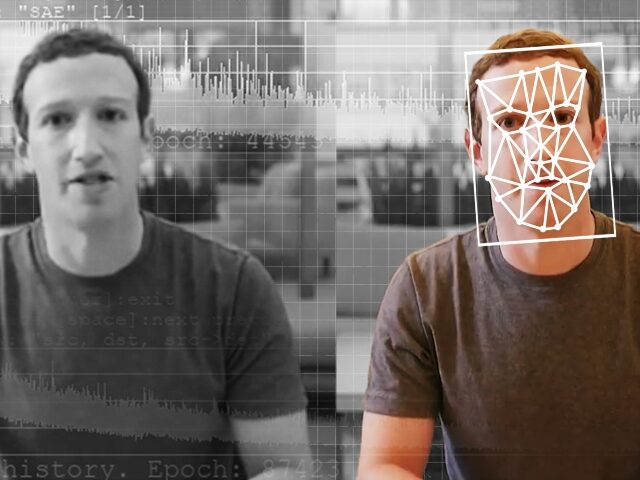Midjourney, which along with Stability AI’s Stable Diffusion and Open AI’s DALL-E is one of the leading AI image generating services, has shut down its free edition as it attempts to clamp down on the spread of deepfake images.
The AI company has been the subject of media attention over deepfakes recently, as users deployed Midjourney to create deepfakes of Donald Trump being arrested, and Pope Francis wearing an eye-catching jacket.
For years, “disinformation experts” have warned that “malign actors” would weaponize “deep fakes” against their political enemies. But last week saw the first major deep fake campaign in history. It was launched by a leading disinfo expert against Trump.https://t.co/KnrCJGhuIV
— Michael Shellenberger (@ShellenbergerMD) March 24, 2023
AI-generated image of Pope Francis goes viral online. pic.twitter.com/ap7N099wpy
— Daily Loud (@DailyLoud) March 25, 2023
As a result, Midjourney is paywalling its service and ending its free trial, in an effort to raise the costs of deepfake production. However, this is unlikely to daunt committed creators: you can still sign up for just $10 a month.
Via Engadget:
As The Washington Post explains, Midjourney has found itself at the heart of unwanted attention in recent weeks. Users relied on the company’s AI to build deepfakes of Donald Trump being arrested, and Pope Francis wearing a trendy coat. While the pictures were quickly identified as bogus, there’s a concern bad actors might use Midjourney, OpenAI’s DALL-E and similar generators to spread misinformation.
Midjourney, along with DALL-E, takes a risk-averse approach to its own service. It has prevented users from creating images of Chinese leader Xi Jinping in order to preserve access to users in China.
Midjourney has acknowledged trouble establishing policies on content. In 2022, Holz justified a ban on images of Chinese leader Xi Jinping by telling Discord users that his team only wanted to “minimize drama,” and that having any access in China was more important than allowing satirical content. On a Wednesday chat with users, Holz said he was having difficulty setting content policies as the AI enabled ever more realistic imagery. Midjourney is hoping to improve AI moderation that screens for abuse, the founder added.
The least censorious AI image generator appears to be Stability AI’s Stable Diffusion, which only bans copying artists’ styles and pornographic images.
Along with ChatGPT, AI image generators have exploded in popularity over the last year. As the AI models grow increasingly sophisticated, users are able to use the services to generate photorealistic images just by typing out a few instructions.
Earlier in March, Breitbart News reported that Mark Zuckerberg’s Facebook allowed an AI image service to run ads across its main platform and Instagram enticing users with the ability to create sexy deepfakes of actresses Emma Watson and Scarlett Johansson.
A recent Facebook ad showed a woman that looked exactly like Emma Watson, bending down in front of the camera and appearing to initiate a sexual act, according to a report by NBC News.
The woman, however, wasn’t actually the Harry Potter star. Instead, the video was an advertisement for a deepfake app, which allows users to put any face into any video of their choosing. Deepfake software is often used to make fake pornography of celebrities.
The ad campaign, which ran on Sunday and Monday, rolled out more than 230 advertisements on Facebook, Instagram, and Messenger, the report noted.
Breitbart News will continue to report on AI and its impact on society.
Allum Bokhari is the senior technology correspondent at Breitbart News. He is the author of #DELETED: Big Tech’s Battle to Erase the Trump Movement and Steal The Election.

COMMENTS
Please let us know if you're having issues with commenting.